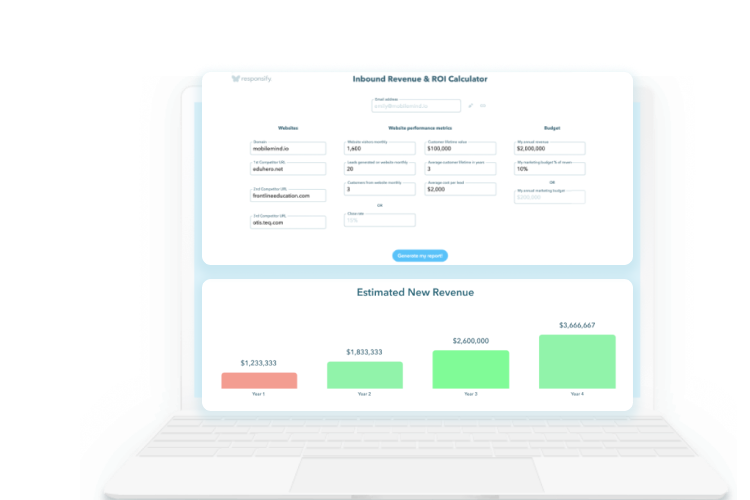 1,023 views
1,023 views 6405 Views
6405 Views  4 min read
4 min readIn 2014, Americans spent more than half their time on digital media and 74% of teens ages 12-17 reported they accessed the internet on cell phones, tablets and other mobile devices at least occasionally according to Pew Research Group.
For EdTech, this means students, teachers, and parents are most likely to not accessing your website on their computers. You’ll want to make sure your website displays well on all mobile devices. Next, you’ll need a few tips to help you attract and retain more customers. Here’s a few:
Never put the cart before the horse. Don’t jump the gun and design your company’s website before deciding what its main goal should be. While EdTech businesses share a vision in improving education, a new educational social network is different from a new classroom management system.Define the unique aspects of your brand and build your website with this key differentiator in mind.It’s going to give you an upper hand on your competition.
Your product or service probably has multiple end users. Students, teachers, parents, or education policy makers all benefit from EdTech. Identifying your target audience and their needs will help you engage customers with more relevant content. Engaged customers will recognize this personal approach and champion your brand to their peers.
Education can seem like a static industry. Many policy makers and teachers still value traditional ways of teaching. Proving your reliability as their partner begins with a well designed website. Balancing colors, using modern fonts and organizing content well is the first step in inspiring trust. This will help convince potential customers that you’re as efficient as the technology you’re selling.
Most EdTech businesses place interaction at the center of their product. But it’s difficult to convey all the exciting features with writing sometimes! Here’s where videos can be an EdTech star:
Some examples to try out include:how-to videos, product walkthroughs, & other informative video content.
This is an important part of Search Engine Optimization (SEO). Frequently updated content shows you’re up to date with the latest trends in Ed Tech. Publishing news and blog posts on a regular basis is worth the effort. More customers will look for the fresh information on your website, and Google+ will rank you higher for it.
You have everything to gain by being visible and active on social networks such as LinkedIn, Twitter and Facebook. But don’t forget specialized platforms like EdSurge. Make use of the wide range of social media options you have, and provide content for your customers to get excited sharing.
We know developing cutting-edge technology and keeping up with the latest advancements is eating most of your budget. But your tech is only useful if it’s visible to your customers. Don’t put all of your eggs in one basket and invest in a responsive website! Low cost, in-house websites are often harder to maintain and cost more in the long run. An advanced responsive website will attract and retain customers. It also ensures that your technology is accessible to your audience! Implementing these seven things will help your EdTech brand stand out against your competition and delight your existing customers so they stick around for more.
Also Read – Choosing the Best EdTech Marketing Agency for Success
